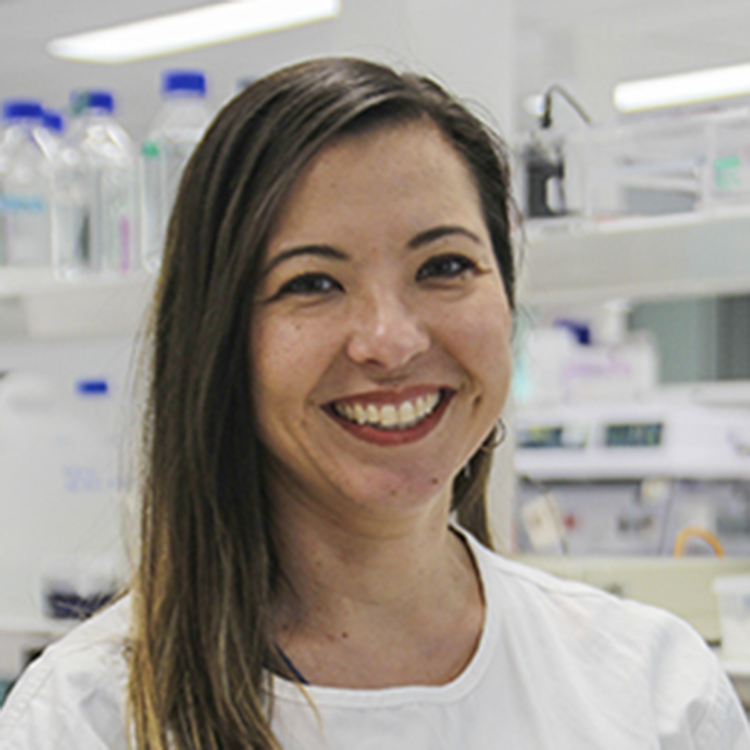Search
Showing results for "Au"
Bioresources Coordinator
Join the Bioresources team at The Kids Research Institute Australia and be part of leading medical research

Youth Advisory Group
Following a youth community forum held in March 2016, The Kids Research Institute Australia established the first Youth Advisory Group to ensure that the research conducted about young people at the Institute, is influenced by young people.







People
Associate Professor Yasmin Harman-SmithHead, Early Years Systems Evidence; Head, Tenders Support Unit

